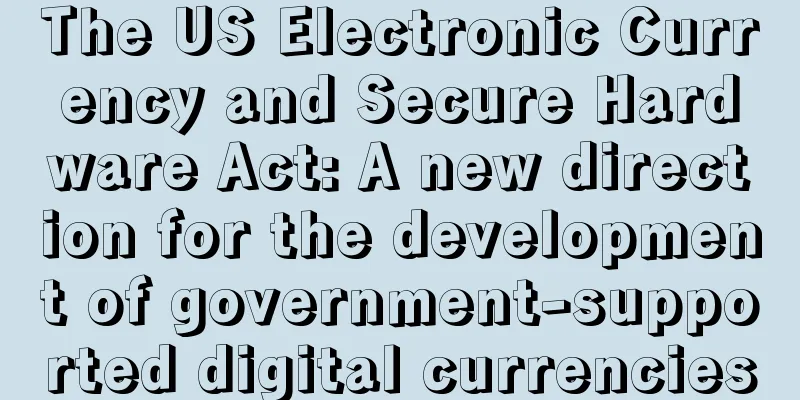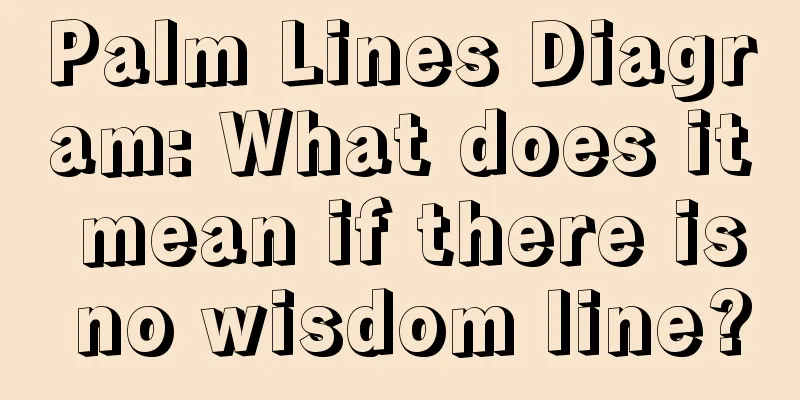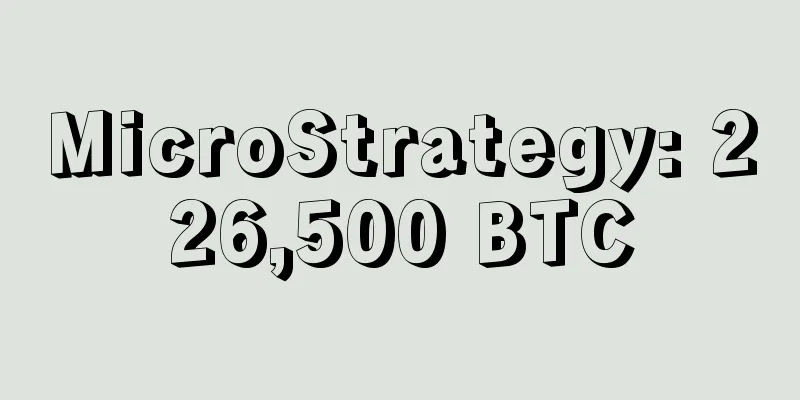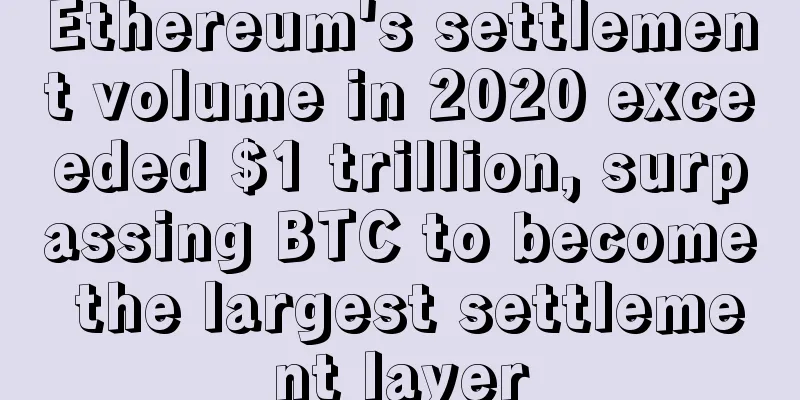The US Electronic Currency and Secure Hardware Act: A new direction for the development of government-supported digital currencies

|
Today, the U.S. House of Representatives unveiled the Electronic Currency and Secure Hardware Act (ECASH Act), which proposes a form of digital cash that would be issued by the Treasury Department, hardware-secured, and anonymous, and could herald a new direction for the development of government-backed digital currencies. The bill requires the U.S. Treasury to develop and pilot an electronic version of the dollar with an eye toward protecting privacy and anonymity in transactions and making it more accessible to people who are economically marginalized or technologically challenged. It will also “maximize” consumer and data privacy protections, according to Stephen Lynch, chairman of the House Financial Services Committee’s fintech task force. Interestingly, the so-called electronic cash will be issued by the U.S. Treasury instead of the Federal Reserve, which means it is not technically a central bank digital currency (CBDC), nor will it be built on a blockchain or require the internet to operate. It is designed to “replicate the privacy-respecting characteristics of physical cash” such as coins and banknotes to the greatest extent possible. The pilot program launched by the ECASH Act will "complement and advance ongoing efforts by the Federal Reserve and President Biden to examine the potential design and deployment of a digital dollar," Lynch said in a statement. Reps. Chuy Garcia, Ayanna Pressley and Rashida Tlaib are co-sponsors of the bill. The bill contemplates the launch of a two-phase electronic cash pilot program within 90 days of enactment—with an expectation that electronic cash will be deployed to the American public within 48 months of enactment. Rohan Grey, an assistant professor at Willamette University School of Law, said the bill has support from progressives, consumer advocates, civil libertarians and some crypto believers. Tellingly, the proposal does not involve a central bank or digital ledger technology (DLT), which could herald a new path for the development of state-backed digital currencies. It arguably offers more privacy and anonymity than any other government-sponsored digital currency project to date, calling for the public to be able to: “conduct instant, final, direct, peer-to-peer, offline transactions using secure hardware devices that do not involve or require subsequent or final settlement on or through a public or distributed ledger, or any other additional approval or verification.” Grey said there are currently no other similar CBDC proposals in the world. The current CBDC debate on digital currencies often compares currencies with centralized digital ledgers, such as China’s digital yuan, to digital currencies issued on distributed (decentralized) ledgers or blockchains. However, in almost all cases, the recommendation is to use a ledger. That is, transactions are recorded on some public balance sheet, Grey said, adding: “So far, the entire debate on digital currencies has taken place in the realm of account-based currencies.” With electronic cash, however, there would be no ledger, just as there is no ledger for physical cash transactions. This should appeal to privacy advocates and civil libertarians who want to preserve the anonymity of financial transactions. Digital ledger technology, even when decentralized, does not allow for complete anonymity. "If you don't have a ledger, no one can review transactions, and no one needs permission," Grey explained. How does it work? Electronic cash can be exchanged by two people using their phones together. It can be sent over long distances like a secure text message, although that requires phone service, unlike in person. It's designed to be easy to use in a retail setting. Grey envisions a future phone app with three accounts or options: a bank account, a credit card account, and an electronic cash account. But cutting out all intermediaries like credit card companies, banks or the government also comes with some risks. Grey added: “You put your money on your device. If you lose your device, you lose your money – that’s the risk. Just like if you lose your wallet on the train, you lose the money in it.” The United States has faced increasing pressure to develop a central bank digital currency in recent years, especially as China nears the full launch of its digital yuan. Lynch addressed these challenges in today’s statement: “As digital payment and currency technologies continue to rapidly advance, and as Russia, China, and more than 90 countries around the world are already researching and launching some form of central bank digital currency, it is critical for the United States to remain a world leader in the development and regulation of digital currencies and other digital assets.” As mentioned above, a digital dollar issued by the Federal Reserve could still follow. “There is nothing stopping the Fed from also issuing a CBDC,” Grey said, “In fact, it is to be expected, as different designs serve different functions, like cash and checking accounts today.” Electronic cash will also be subject to U.S. regulations. It will be “classified and regulated in a manner similar to physical currency and will therefore be subject to existing anti-money laundering, counter-terrorism, know your customer (KYC), and financial transaction reporting requirements and regulations.” Still, why would electronic cash be issued through the Treasury Department rather than the Fed? Grey asked, “If you say you want to create something digital that works like physical currency: it’s a token, it’s a bearer instrument, there’s no account, there’s no intermediary, or it’s going to be focused on retail, then who should issue it?” In his view, the Treasury Department is the obvious candidate. After all, the Treasury already owns the nation’s oldest monetary institution, the U.S. Mint, as well as the Bureau of Printing and Printing. The Treasury now engages in activities similar to electronic cash, such as offering prepaid debit cards. Moreover, the agency is better equipped than the Fed to balance conflicting political interests. The Fed is made up mostly of academics and bankers trained in macroeconomics. In contrast, the Treasury Department includes agencies such as the Office of Foreign Assets Control, which enforces foreign economic sanctions. The Treasury Department is broader in scope and has a wider skill set. |
<<: Bitcoin dominance continues to climb amid volatility
>>: Analyst: Bitcoin breaks through the ascending triangle and will test $52,000 next
Recommend
Is it good to have moles around cinnabar mole? It will make you unpopular.
Generally speaking, the influence of a mole depen...
Eyelashes and armpit hair can predict marriage luck
Eyelashes and armpit hair can predict marriage lu...
The custodians of the OKEx cold wallet passwords are located in China and the United States, and the backup is in the safe deposit boxes of two banks in China and the United States.
According to the OKEx official website, the OKEx ...
How to read palmistry with pictures
Palmistry is closely related to our destiny. Many...
How does a good nose help people?
When it comes to physiognomy, when most people se...
Bitcoin breaks through $60,000, how far is it from the high of $100,000?
As cliché as it sounds, it’s “another day, anothe...
13 types of men's facial features that indicate wealth and prosperity
13 types of men's facial features that indica...
Which is the lifeline on the palm?
There are many lines on our palms, and many of th...
The three points of your face can tell when your marriage will appear
In reality, marriage is generally called fate. So...
Miners are facing the most difficult situation in history. Is GPU mining the only way out?
In this world, there really is "pie in the s...
Facial features of people who like to tease others in life
Some people are not content with a peaceful life ...
Airdrop syndrome reappears, introduction and precautions of airdrops in the cryptocurrency circle, don’t expect too much
The recent airdrops of uniswap and MEME have attr...
What kind of face does a woman have a good fate?
Women with good fortunes actually have many diffe...
What does a mole suddenly grow on the sole of the foot mean?
Everyone has moles on their body. From the perspe...
What does Zuo Fu represent in the Marriage Palace?
Zuo Fu, which belongs to the earth element in the...









